Ox Knee (Achyranthes bidentate) Health Benefits and How to Use
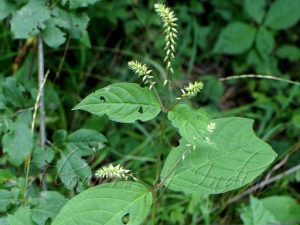
Achyranthes bidentata, commonly known as the Ox Knee, Achyranthes bidentata is an annual herb found in hilly districts of Asia and Africa and a plant widely used in traditional Chinese medicine. The plant grows wildly in most parts of Africa and its benefits are attributed to the African Medicinal practices from ancient times.
Here are some of the medicinal benefits associated with Achyranthes bidentata:
- Bone Health: The root extract of Achyranthes bidentata has been shown to have protective effects on bone cells, potentially preventing osteoblast damage in aged patients.
- Anti-inflammatory and Analgesic: It possesses anti-inflammatory and analgesic properties, which can be beneficial in handling conditions like arthritis.
- Antibacterial and Antiviral: The plant has antibacterial and antiviral activities, which help in preventing infections.
- Antitumor: Some studies suggest that Achyranthes bidentata has antitumor properties.
- Anti-ageing: It may contribute to anti-ageing effects.
- Immune System Support: The plant is believed to enhance immunity.
- Diuretic: It can promote diuresis, helping in the elimination of excess fluids from the body
- Blood Circulation: It improves circulation, particularly in the lower half of the body.
These benefits highlight the potential of Achyranthes bidentata in various therapeutic applications. However, it’s important to consult a healthcare professional before using herbal medicine for therapeutic purposes.
Chemical properties of Achyranthes bidentate
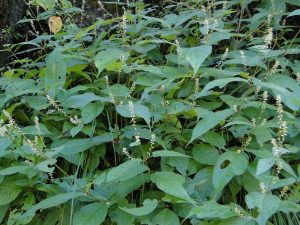
Achyranthes bidentata, known as Ox Knee, has been studied for its chemical properties, particularly for its use in traditional medicine. Here are some of the key chemical properties and compounds found in Achyranthes bidentata:
- Polysaccharides: Achyranthes bidentata contains polysaccharides which have been shown to activate the nuclear factor-kappa B and promote cytokine production in cells through the TLR4/MyD88 signaling pathway. This suggests immunomodulatory activities.
- Saponins: The plant contains saponins like ginsenoside Ro, which have various biological activities.
- Ecdysteroids: Compounds such as ecdysterone are present in Achyranthes bidentata and are known for their effects on growth and development in arthropods, but have been studied for potential benefits in humans.
- Phytosterols: These groups of naturally occurring compounds found in plant cell membranes have a structure similar to cholesterol.
- Alkaloids: Alkaloids are naturally occurring chemical compounds that mostly contain basic nitrogen atoms. They have a variety of pharmacological effects.
- Flavonoids: These are a class of plant secondary metabolites that often have antioxidant properties.
How to use The Ox knee (Achyranthes bidentate) to Treat Various Illnesses
Ox Knee, is used in traditional medicine for a variety of health conditions. Here are some different ways it can be utilized:
- Decoction: A common method is to prepare a decoction of the root to treat conditions like arthritis and osteoporosis, due to its anti-inflammatory effects.
- Root Juice: In Nepal, root juice is traditionally used for toothache relief.
- External Application: The plant is used externally in Mizoram, India, to treat leech bites.
- Diuretic: A decoction of the plant can also be used as a diuretic to help eliminate excess fluids from the body.
- Type 2 Diabetes: A study has indicated that the extract of Achyranthes bidentata, combined with aerobic exercise, can improve the condition of rats with type 2 diabetes mellitus.
It’s important to note that these uses are based on traditional practices and some scientific research. However, the efficacy and safety of these treatments have not been fully established in clinical trials for human subjects. Therefore, it’s crucial to consult with a healthcare professional before using Achyranthes bidentata for medicinal purposes. Always ensure that the use of herbal remedies is safe and appropriate for your specific situation.
Adverse Effects of the Ox Knee Plant
Ox Knee, is used in traditional medicine and has various potential health benefits, it’s important to be aware of possible adverse effects. However, based on the information available, no widely reported severe adverse effects associated with Achyranthes bidentata. Most studies suggest that it is generally safe when used appropriately.
Nonetheless, as with any medicinal herb, there could be potential side effects, especially when taken in large doses or without proper guidance. These might include:
- Gastrointestinal Discomfort: Some individuals may experience digestive issues such as bloating, gas, or stomach upset.
- Allergic Reactions: As with any plant, there is a possibility of an allergic reaction, which could manifest as a rash, itching, or other skin irritations.
- Interactions with Medications: There may be interactions with other medications, so it’s crucial to consult with a healthcare provider before using it, especially if you are on other treatments.
It’s also worth noting that the quality and source of the herb can affect its safety. Contaminants or incorrect processing methods can introduce risks, so obtaining Achyranthes bidentata from reputable sources is essential.
For specific concerns or conditions, it’s always best to consult with a healthcare professional before using Achyranthes bidentata or any other herbal remedies. They can provide guidance tailored to your individual health needs and circumstances.
References
Adverse effects of the ox knee plant
different ways to use ox knee Achyranthes bidentate to treat various sicknesses
Chemical properties of Achyranthes bidentate

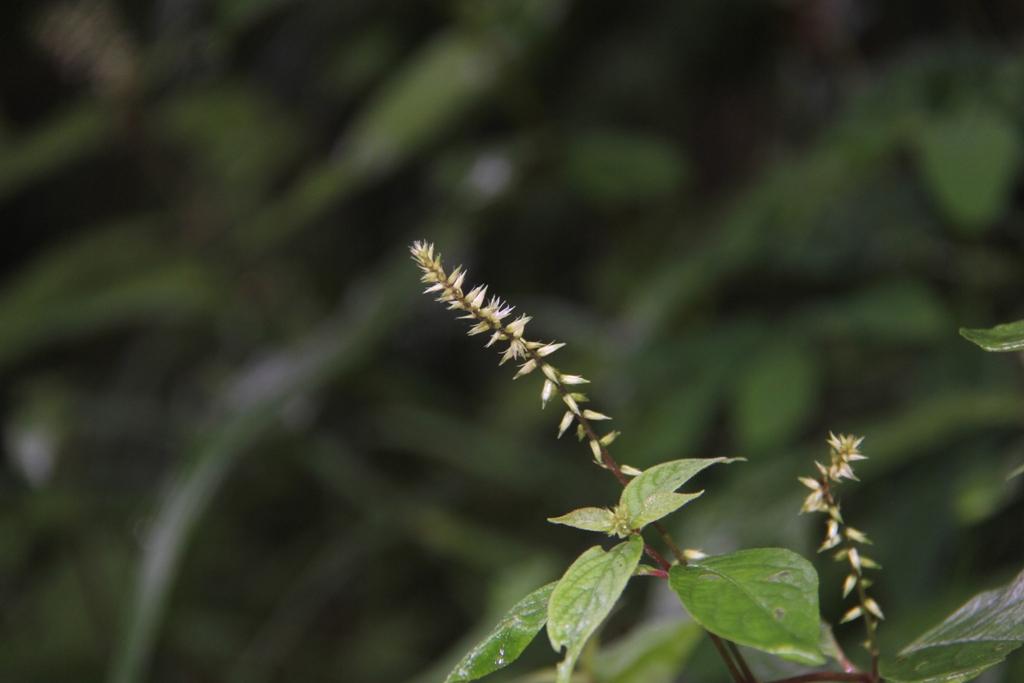
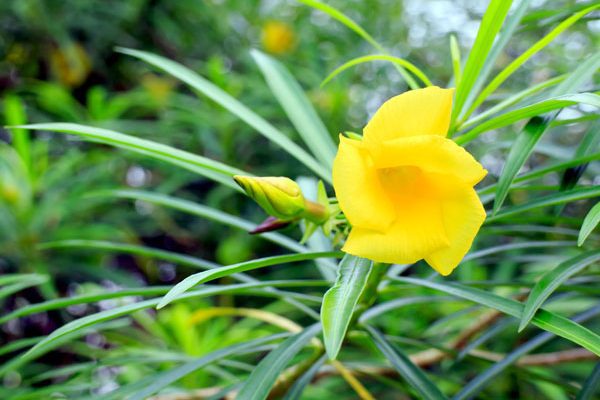
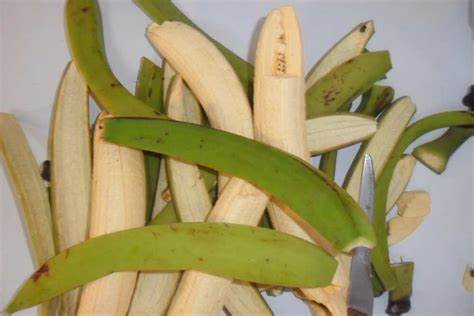
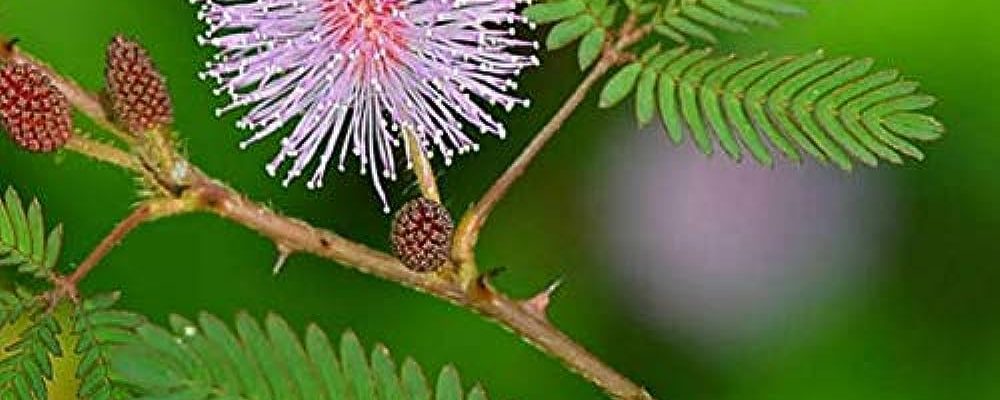




Review Ox Knee (Achyranthes bidentate) Plant.
You must be logged in to post a review.